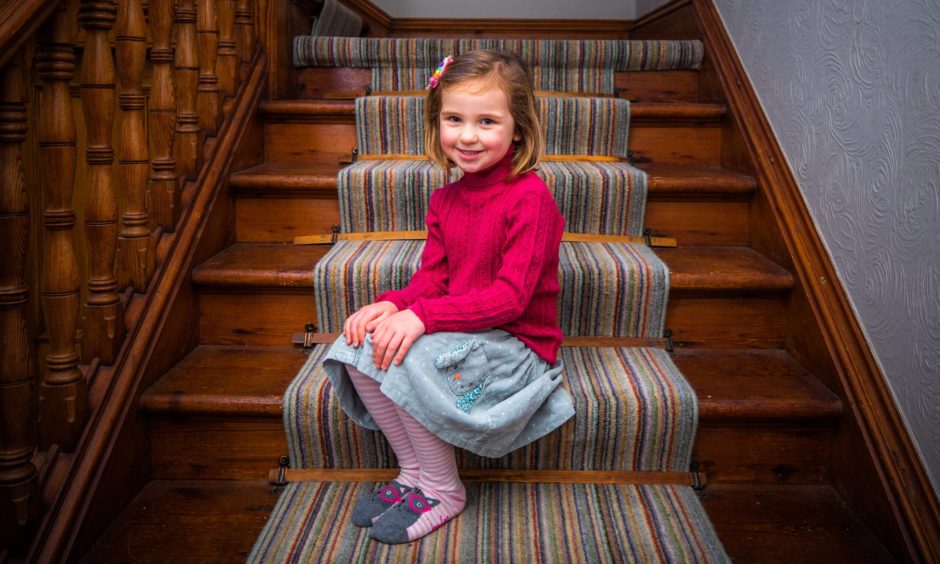
Four years on from the first Covid lockdown being declared, isolating at home and wearing facemasks is a distant memory for most.
But generations of children and young people still live with the impact of being cut off from friends, family, school and society at key stages in their lives.
Five-year-old Cassie Doyle, from Perthshire, was 20 months old when the first lockdown was imposed on March 23 2020 and was learning to talk.
Abbie Blane, 18, from Glenrothes, lost almost an entire year of school and says lockdown triggered a spiral into deep anxiety.
They are among huge numbers of youngsters affected in similar ways.
Development concerns were flagged by health visitors in relation to 18% of two-and-a-half year-olds during 2021/22 compared to 15% the year before.
Secondary school attendance has declined more sharply since Covid – in Dundee from 89.1% in 2018/19 to 85.6% in 2022/23.
For Cassie, lockdown meant staying at home with mum Hayley, dad JP and her newborn brother Tom.
Hayley, from Coupar Angus, said: “She didn’t have any interaction with other children and her language wasn’t developing as much as I thought was typical of a child of that age.
“She wasn’t speaking as much, I don’t think she was trying.
“Some of her sounds hadn’t developed, her ‘ch’, ‘sh’, ‘f’, ‘l’ and ‘k’ hadn’t developed at all.”
Trouble naming common items like a guitar
Hayley and JP sought help from a speech and language therapist when Cassie was three years old.
By that point they were also worried about her vocabulary and ability to name things.
Cassie struggled to identify commons items she hadn’t seen in the home but normally would have been exposed to out and about like a guitar, said Hayley.
Thankfully, she has made significant progress in her first year of school.
Speech and language therapist Nikki MacPhee works with affected children at her Crieff practice. She says their communication skills were delayed at least in part by Covid prevention measures.
And those most affected, she said, are children who are in P1 now like Cassie who would have been between 13 and 25 months old when it all began.
Sounds like ‘f’, ‘th’ and ‘s’ are common problems which she reckons could be down to facemasks preventing lip reading or not hearing them against different background noises.
She said: “This group of children didn’t get to go swimming, to soft play, even to the supermarket.
“When parents and caregivers take children to do these things there is a lot of incidental learning.
“Children learn the sequences of paying for swimming, going to the locker, getting changed then into the pool, or doing the shopping, going to the vegetables first, then to the cashier.
“If they have a risk of speech and language difficulties these things are there to scaffold them with mum and dad.”
Learning to speak relies on a combination of good hearing and interactions, she said.
“Stories at home, trips to Granny’s house, going out and about in the community, even getting a bus is language-rich experience for a pre-schooler.”
Lots of good work has and is being done by schools and the NHS, she said, but added: “Demand [for private speech and language therapy] is very much still there.”
Health visitors flag concerns about Covid impact on children
There was a marked increase in the number of babies and children for whom development concerns were flagged by health visitors during 2021/22.
Speech, language and communication was the most common issue reported at 27-30 month reviews, with behavioural and emotional development equally problematic when children were reviewed aged four to five.
Public Health Scotland consultant Lynda Fenton expects to see a similar picture when the 2022/23 data is published next month..
She said: “There are certainly no signs of a dramatic improvement.
“Children are at a very active stage of developing speech and language when they are a year old.
“They’re also at a very active stage of social development, beginning to explore more outside the family and have more experiences outside the home.”
Children whose development was delayed are likely to benefit from additional support, she said, providing that is available.
“The majority of children with that support will continue and reach their expected trajectories of development but I think that does indicate one of the potential implications is the around the ability of services to respond to the needs of children.
“Public Health Scotland has worked with speech and language therapists looking at how that [service] could be enhanced to a degree to meet the needs of this cohort.”
P1 pupils had forgotten of lockdown
When teacher Natalie McDonald told her P1 class she was to be interviewed about the Covid impact on children she was stunned to see blank faces.
“Nobody remembered it,” she said. “You forget most of them would have been only two years old.”
Although their age group may be blissfully unaware of the pandemic, she says they are living with the consequences.
“You always have children who have speech and language difficulties but I’d definitely say there’s a greater number of them now.
“These children missed out on a lot of early activities, nursery, baby groups, Bookbugs at the library.
“They were at home with their parents, which could have a positive impact, but parents were under pressure too. Some were still working and didn’t have time to spend with them.”
Retention of information and resilience to keep trying are both issues, she says.
As is behaviour, she says. “Sometimes that’s because children are finding it hard to communicate and explain what they need and why; there’s a bit of frustration.”
Repetition, consolidation and play-based learning are being used to help provide the foundations for learning taught in that crucial first year of school.
Natalie said: “Speech and language skills impact everything; the ability to form sounds, read sounds, write sounds.
“If they can’t say the sound you tend to find they can’t write it, they can’t start blending words.
“You have to really tackle the speech part before you can go anywhere else.”
Anxiety-struck teenagers
Abbie, from Glenrothes, was 14 when lockdown began.
She said: “I stopped going to school, stopped trying in online learning and dropped almost all of my Nationals [secondary school qualifications] due to overwhelming anxiety that I still have to contend with to this day.
“Because of this, I failed a lot of my classes and I have only two National qualifications and struggle to find what I want to do.
“Lockdown made me lose a lot of direction in my life and sent me into a spiral I never thought I’d still be dealing with today.
“It was a rough period in my life, but at the time I thought schooling wasn’t really taken seriously during online classes due to the disorganisation of classes, only at the very end to realise that I’d really just skipped an entire year of school.
“Covid was a very confusing time for a lot of people and I think it ruined my mental health.
“Sometimes I doubt I’ll ever be the person I was beforehand because there isn’t a single day where I’m not anxious or dreading leaving the house.”
School attendance has declined
Attendance at secondary schools declined more markedly after the first lockdown.
Some pupils never returned to secondary school. Some suffer from anxiety and other mental health problems which make attending school difficult or impossible.
While not all of that can be blamed on the pandemic, for young people like Abbie lockdown has been a contributing factor or trigger.
Head teacher Barry Millar, of Harris Academy in Dundee, said schools are still rebuilding relationships with families so they can work together when pupils have issues such as persistent absence.
He said: “Relationships with families weren’t broken during Covid but they did change quite dramatically.
“If you think about things like parents’ nights, engagement events in schools going that’s the vast majority [of parents] that don’t have the same relationship with the school as they did before and that’s something we are still looking to get back on track.
“People don’t know us as well. Until the last academic session our third year families had never been in the building.”
Bigger impact on deprived families
Psychologist Ceri Titley says Covid impact on children is greater in deprived areas.
As part of Fife Council’s educational psychology service she is involved with work to try to identify children in need of support at the early stages.
The acting depute principal psychologist, said families reported both negative and positive experiences of lockdown.
Parents were more present in the home and siblings spent more time together.
But she said: “Families more likely to experience the negative affects were usually more vulnerable anyway.
“We already know there’s a gap between our most deprived and least deprived children. That shows in terms of language skills.
“Something like the pandemic has just made that gap or the risk of widening even more so.”
Collaboration with speech and language therapists and Dundee University allows children in need of additional support to be identified as they start nursery and P1, she said.
That’s required a lot of building back up of trust, building back up of predictability and routines, and for some people that takes a really long time.”
Fife Council educational psychologist Ceri Titley
For some older children, she said, returning to school full-time remains difficult.
She said: “We always had the assumption that schools will always stay open.
“To change that overnight and have two big distinct periods of school closure, that’s required a lot of building back up of trust, building back up of predictability and routines, and for some people that takes a really long time.
“Maybe full-time school attendance is never going to be a realistic prospect for them.”
Some schools have kept changes that were beneficial for many, such as one-way systems and removal of the school bell and lining up.
Greater use of technology, which also proved a better way to learn for some, has also continued and could be harnessed further for personalised learning plans.
Ceri said: “There’s been work around developing that into a sustainable online learning offer and what that would look like in Fife, particularly for secondary school pupils.
“Young people are still learning but it might not be learning in a six-period, five-day week.”
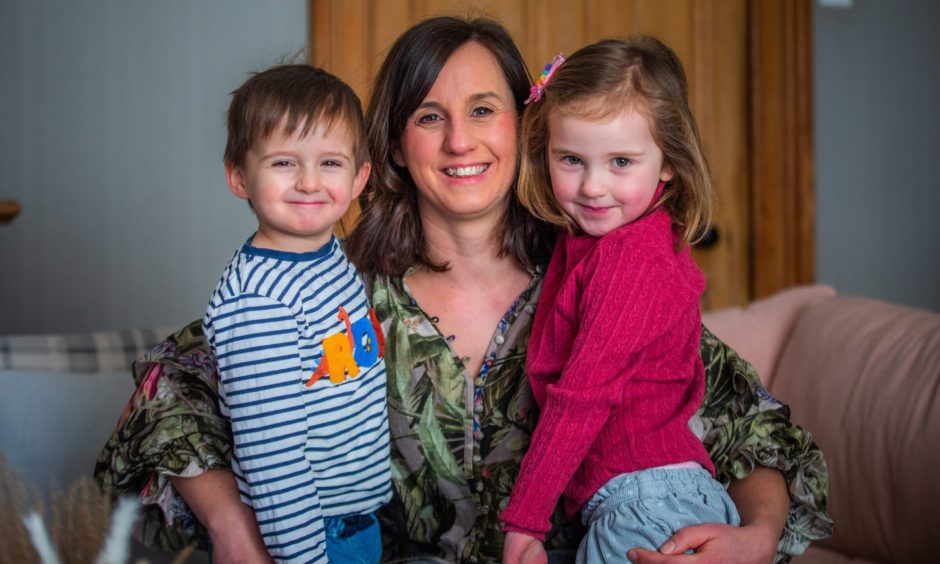
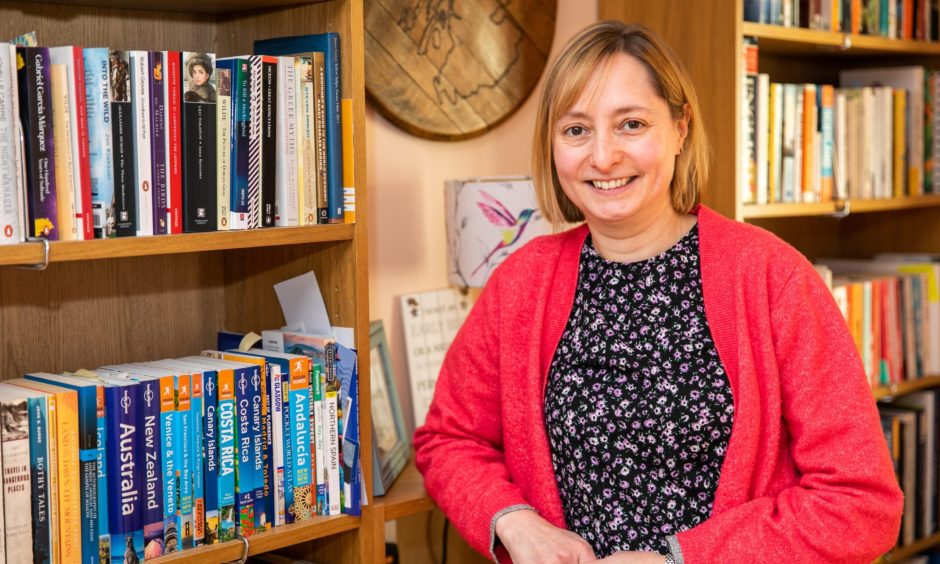
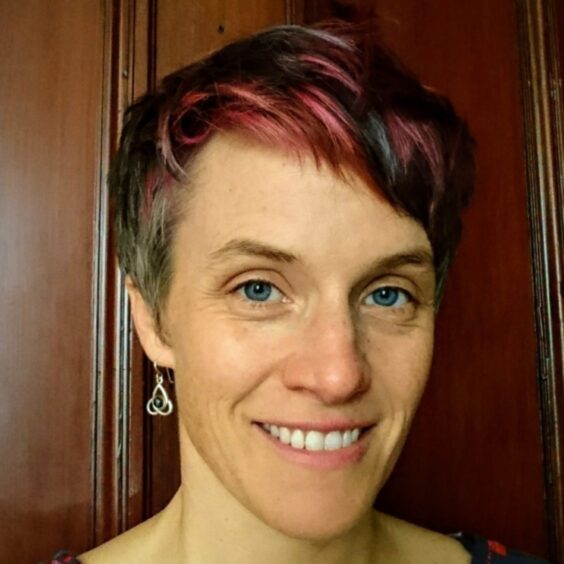
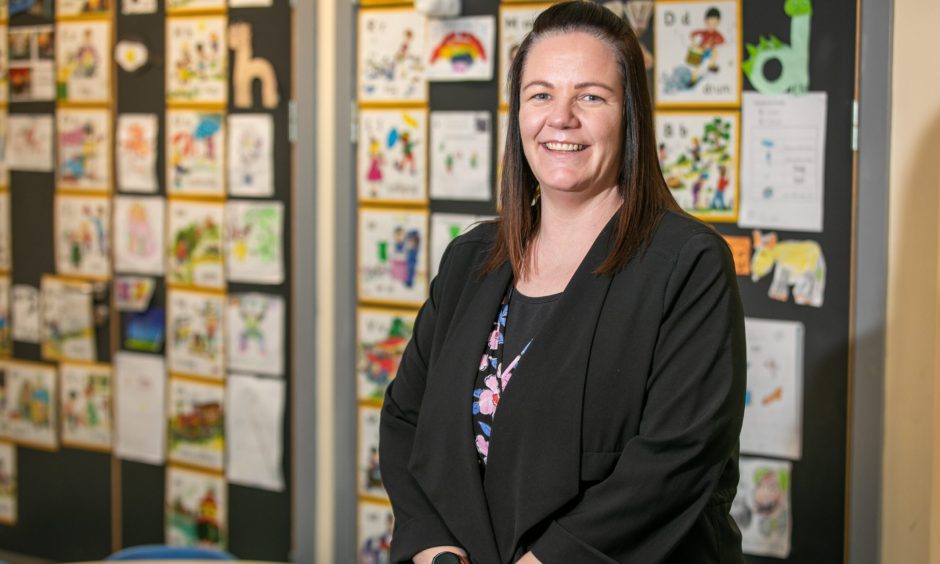
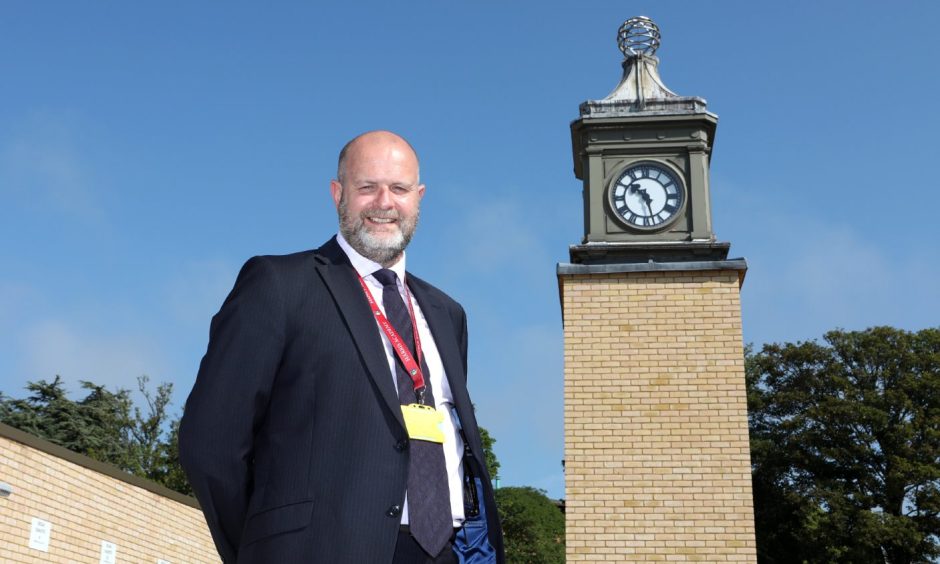








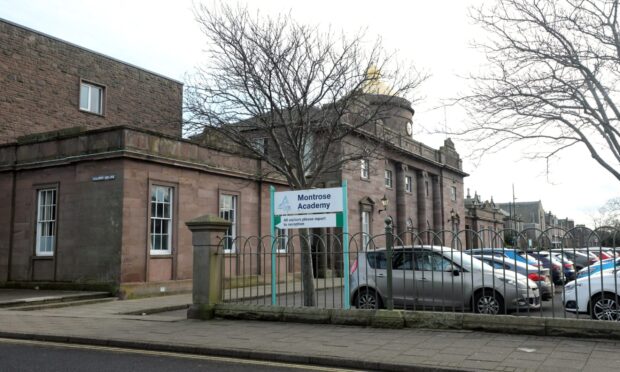
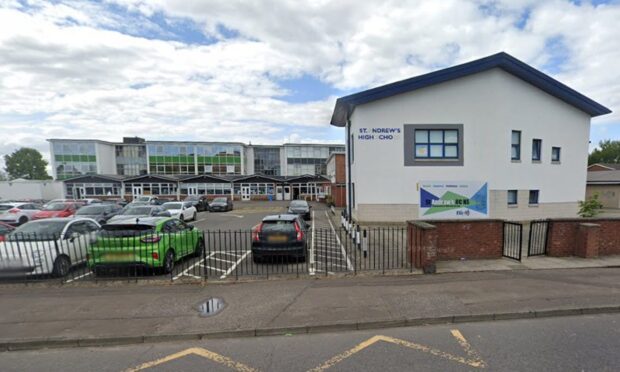
Conversation